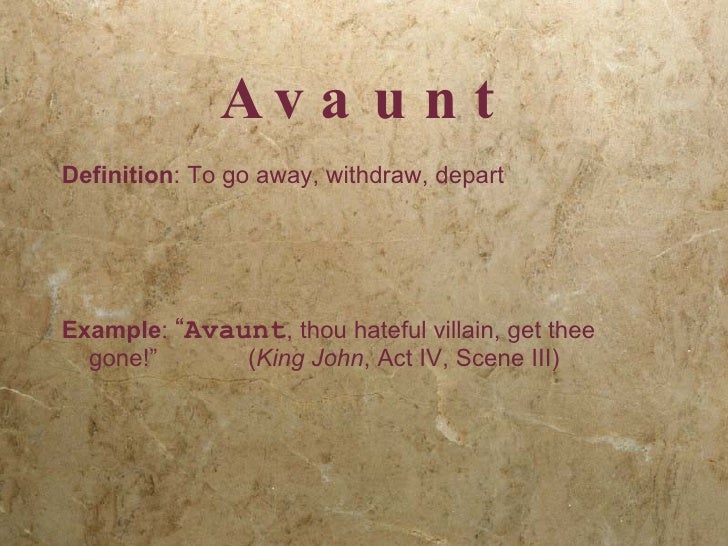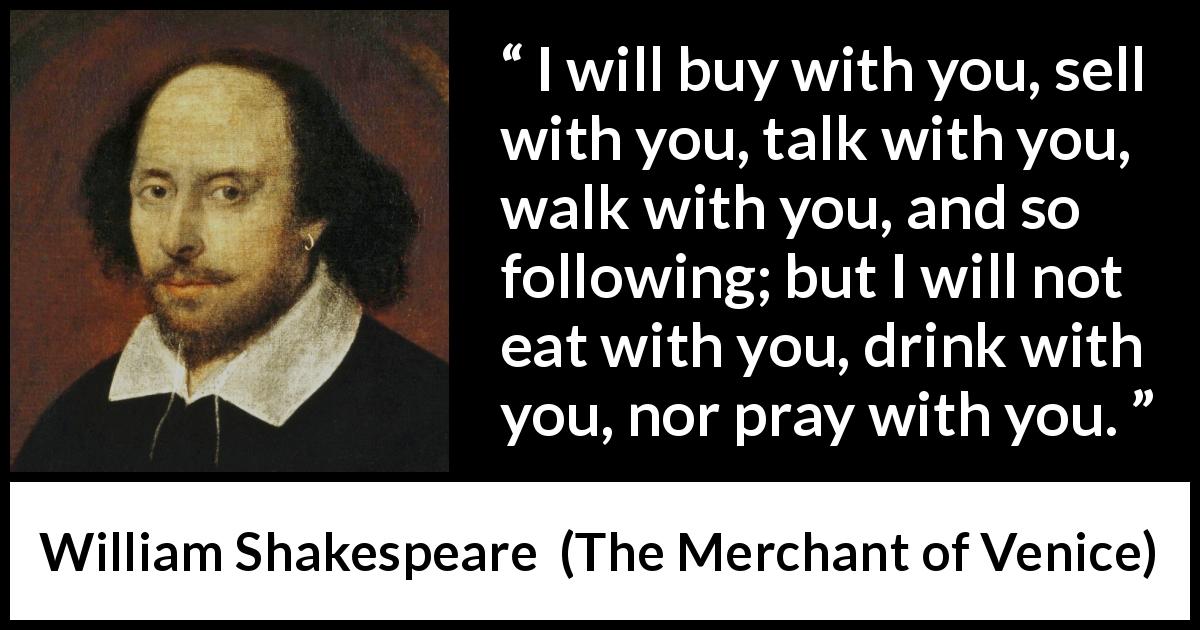

Be specific as to where you believe your opinion is unpopular. Please have a clear, self contained opinion as your post title, and use the text field to elaborate and expand on why you think/feel this way. A subjective statement about your position on some topic. Rule 1: Your post must be an unpopular opinion.

Therefore, the characters' language would not always reflect how real people would speak. The plays are dramatic works and were primarily written to entertain. We have to remember that the language we read in plays written during this time period was manipulated to fit the stage. For example, 'What say you?' or 'Goes Fleance with you?' You will find questions without the auxiliary verb to do. For example, ‘tis instead of it’s and lock’d instead of locked.

Thou was used for second person singular, while you was used for second person plural.Ībbreviations were different from what we would use today. Also, thine and thy were used instead of your and yours. The pronouns would be thee, thou and ye instead of you. Like today, it was the subject that determined the form of the verb. The verb do was dost in the present tense as in 'thou dost', and the verb does was doth as in 'he doth'. Organised grammar texts would not appear until the 1700s, and grammar would also be inconsistent and different from what we see today. Even Shakespeare himself wasn't consistent in the spelling of his own name. A good example is Shakespeare's own name: Sources from Shakespeare’s lifetime spell his last name in more than 80 different ways, ranging from 'Shappere' to 'Shaxberd'. They would simply spell words as they sounded. There were no dictionaries, and they had no standard spelling rules. The English language at the time was still going through a standardisation process. The poets and playwrights of the time would play with words and invent new ones, and many of the words in Elizabethan literature are today strange or archaic. However, the language we associate with this period can often be difficult to read and understand for modern-day English speakers. The Elizabethan Age (1558-1603) was a time of explosive creativity, during which some of the greatest wordsmiths of the English language – Christopher Marlowe, Edmund Spencer, Ben Johnsen, William Shakespeare – were creating some of the most famous works of written art we have today.


 0 kommentar(er)
0 kommentar(er)
